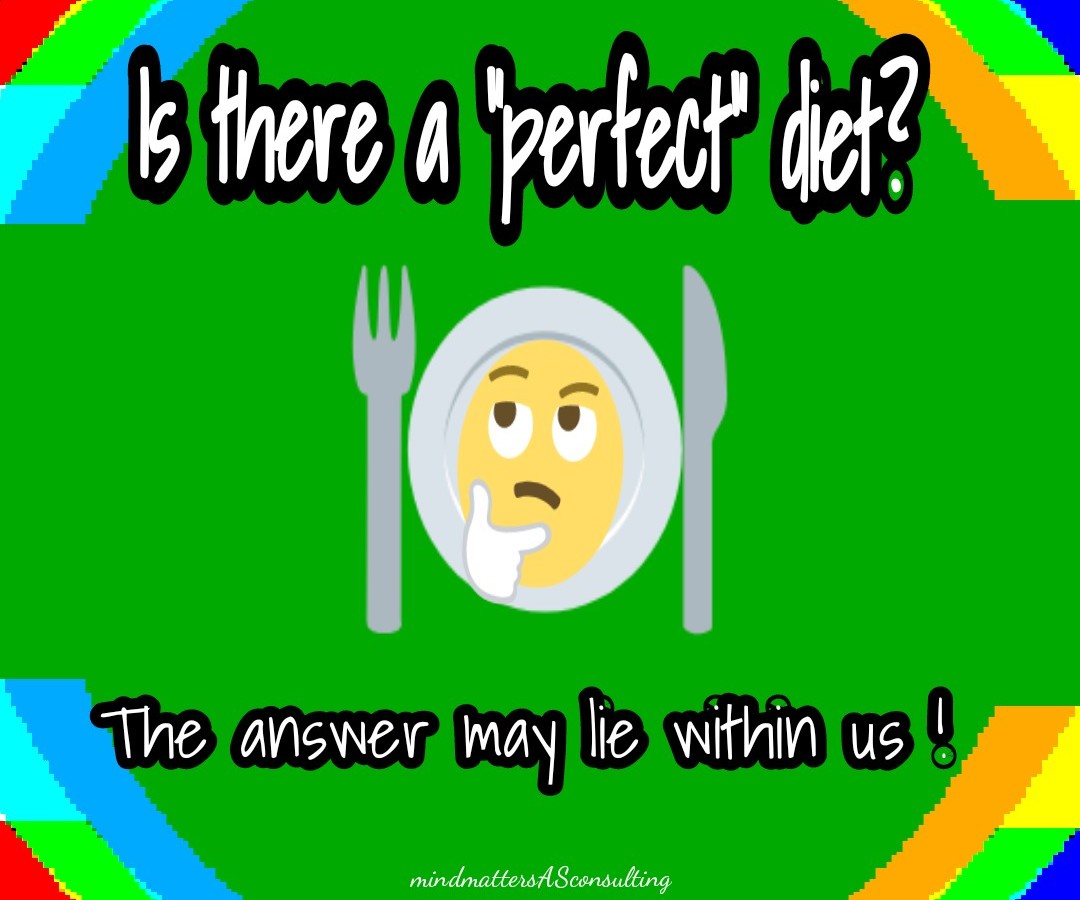We are all familiar with the different diets doing the rounds. Besides the types of food available for ingestion, the various diets vary in the amount and speed of weight loss. Many of us looking for a quick-fix solution constantly explore the best diet to lose weight and keep the pounds off.
Is there a “perfect” diet? The answer may lie within us.
By going on a diet, we are following the instructions and protocol as per the diet plan. In this scenario, the individual will have the mindset that the new diet will help them lose their excess weight. The person displays an external locus of control as they believe that they would lose weight only when they start the new diet.
As advocated by psychologist Julian Rotter, external locus of control demonstrates the power an individual believes they have over their behaviour, which will affect their ability to engage in that behaviour.
When we regain our “lost” weight, we may go on a new diet plan and exercise even more. At times, some of us are unable to handle another failure. We may subsequently get depressed and “give up.” We may indulge in eating more of the forbidden food to feel better. We may even “forget” to count the calories during our efforts to “feel good.”
In the above scenario, we are all faced with the same failure. But our responses are not identical.
Why is this so? Our interpretation of a precipitating event decides our feelings and our actions, as per cognitive behaviour therapy.
Here I’ll be discussing strategies to handle better our feelings of hopelessness after a failed attempt.
Keeping a detailed account of our triggers or the precipitating event and our actions following the event can be done daily; will make us more objective about our feelings and thinking. We may find a pattern in how we react to the number on the weighing scales or when we go way beyond our daily allocation of calories.
Next would be to identify the cognitive distortions that influence our automatic thoughts. Cognitive distortions are irrational and exaggerated thought patterns that influence our reactions to adverse events.
At a weekend party, we may say that we will eat well at that event, as our diet begins on Monday, followed by, “I will be good then.” In this case, the individual displays an all-or-nothing thinking pattern, a cognitive distortion, is either “good” or “bad.
An individual has a “lapse” when they eat something which is not part of the diet plan they’re following. This individual labels themselves as “a failure,” the cognitive distortion of labelling is generalizing one failure to represent the person.
Reframe our relationship with food
At times, dieters say, “l know I am on a diet, but I can ‘cheat’ today.” The “cheat” word typically brings an association with infidelity in a committed relationship. So, by “cheating” on their diet, individuals may feel that they fail to look after themselves; this has a rebound effect as self-perceived deprivation may lead to more cravings. Consequently, the individual may “punish” themselves for “cheating” by more restrictive measures of cutting down on their daily caloric intake or by extreme exercising.
Another hurdle is that by following a diet plan, we may lose faith in our ability to manage our food intake or to remain “faithful” to our new diet. So, when we “cheat,” it lowers our self-efficacy or belief in our ability to achieve our goals, as per psychologist Albert Bandura.
A new diet raises our hope and expectations, as we believe that we will lose those extra inches while maintaining our daily routine.
If we accept that we will have failed attempts at following a diet, we will be “more gentle” with ourselves when we “cheat.” Subsequently, we can integrate behaviours that will help us to remain on our diet. Lifestyle changes may be easier to implement at this point.
Hopefully, we will be able to say, “It does not take forever to lose weight.”
This article was published in the Telegraph-Journal.
The picture is from Mind Matters A.S. Consulting;
https://www.facebook.com/mindmattersasconsulting//
Disclaimer: This article is for informational purposes and should not substitute for consultations with a qualified professional.


